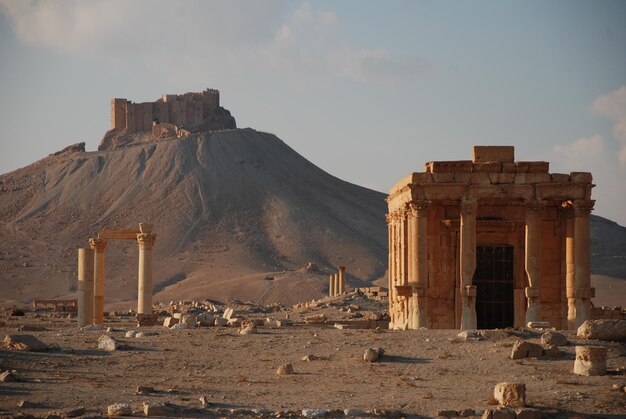Table of Contents
Mesopotamia, often referred to as the “Cradle of Civilisation,” was one of the earliest and most influential civilizations in human history. Located between the Tragic and Euphrates rivers in present-day Iraq, Mesopotamia was home to several great empires, including the Sumerians, Akkadians, Babylonians, and Assyrians. This article explores the rise and fall of this remarkable civilisation. The Mesopotamian Civilisation, known as the “Cradle of Civilization,” emerged around 3000 BCE between the Tigris and Euphrates Rivers, giving rise to advanced city-states like Sumer, Akkad, Babylon, and Assyria. It pioneered writing (cuneiform), legal systems (Hammurabi’s Code), irrigation, mathematics, and astronomy, shaping the foundations of modern society.
A Groundbreaking Mesopotamia thrived through powerful empires, but internal conflicts, foreign invasions (Persians, Greeks, Arabs), and environmental decline led to its downfall. Even after its fall, its innovations in governance, law, and culture continue to shape the world today, placing it among history’s greatest ancient civilisations.Though Mesopotamia ultimately fell, its legacy in writing, law, mathematics, and government continues to shape modern civilizations. It is one of history’s greatest achievements in human advancement and innovation.
The Rise of Mesopotamian Civilization
Geography and Early Settlements
The fertile land between the Tigris and Euphrates rivers allowed for the development of agriculture around 10,000 BCE. The abundance of food led to population growth and the establishment of early villages and cities. By 3,100 BCE, the Sumerians had built some of the world’s first major cities, including Ur, Uruk, and Eridu.
Innovations and Achievements
Mesopotamians contributed significantly to human advancement. Some of their key achievements include:
- Writing System (Cuneiform): The Sumerians developed cuneiform, one of the earliest writing systems, which was used for record-keeping, literature, and administration.
- Law and Governance: The Code of Hammurabi, established by the Babylonian king Hammurabi, was one of the earliest legal codes in history.
- Irrigation and Agriculture: Mesopotamians built sophisticated irrigation systems to control water flow and increase crop production.
- Mathematics and Astronomy: They developed a base-60 number system, which influenced modern timekeeping (60 seconds in a minute, 60 minutes in an hour).
Powerful Empires
Mesopotamia saw the rise of powerful empires that dominated the region:
- The Akkadian Empire (2334–2154 BCE): Led by Sargon the Great, this was the first empire in history, uniting various Mesopotamian city-states.
- The Babylonian Empire (1894–1595 BCE): King Hammurabi expanded the empire and introduced the famous Code of Hammurabi.
- The Assyrian Empire (1365–609 BCE): Known for its military strength and advanced warfare tactics, the Assyrians ruled over a vast territory.
- The Neo-Babylonian Empire (626–539 BCE): King Nebuchadnezzar II rebuilt Babylon, making it a center of culture and science. The Hanging Gardens, one of the Seven Wonders of the Ancient World, was reportedly built during his reign.
The Decline and Fall of Mesopotamia
Internal Conflicts and Weak Leadership
As Mesopotamian empires expanded, they faced internal struggles, including power struggles between rulers and nobility. Corruption and weak governance often led to instability.
Foreign Invasions
The region’s wealth and prosperity attracted numerous invaders. The Persian Empire, led by Cyrus the Great, conquered Babylon in 539 BCE. Later, Alexander the Great took control of Mesopotamia in 331 BCE. Eventually, the region fell under Roman and Islamic rule.
Environmental Challenges
Over time, excessive irrigation led to soil degradation and salinization, reducing agricultural productivity. Droughts and floods also weakened the civilization.
Legacy of Mesopotamia
Although the civilization declined, its contributions to writing, law, architecture, and science influenced later cultures, including the Greeks and Romans. Today, archaeological discoveries continue to reveal Mesopotamia’s rich history and impact on modern society.
Conclusion
The rise and fall of Mesopotamia illustrate the complexity of human civilization. Despite its eventual decline, its achievements laid the foundation for many aspects of modern life, making it one of the most significant civilizations in history.

